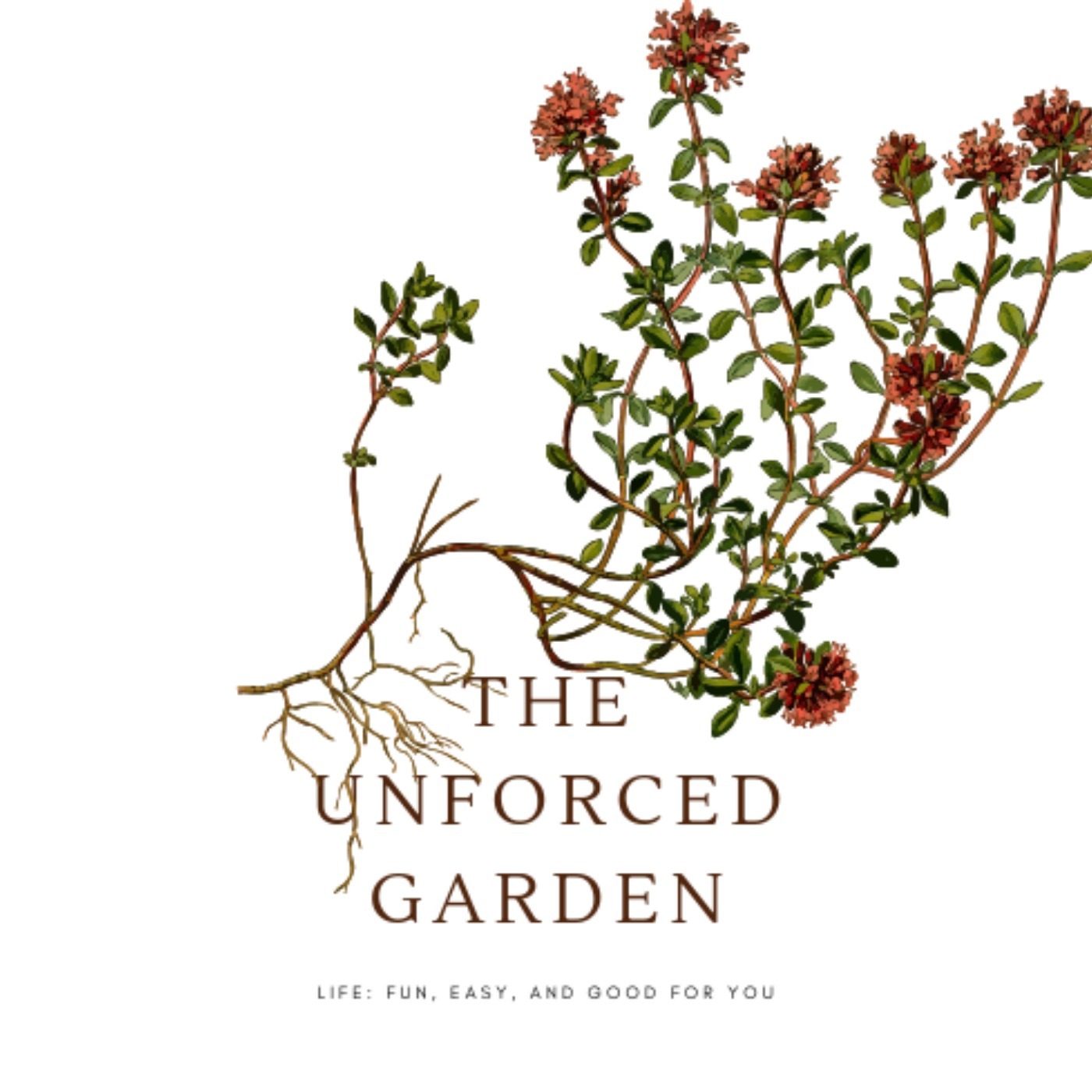How to Become More Disciplined
4m | Aug 12, 2019You want to be more disciplined - to take care of the needs of your career, health, and family. But it turns out that discipline doesn't work. What does work? Find out on this episode of The Unforced Garden.
Transcript:
As Scott Adams says, any system that relies on willpower is doomed to failure. Discipline relies on willpower.
Willpower is a finite resource. Over the course of a day, your willpower drains away - which is why you’re more likely to exercise in the morning and more likely to yell at your kids in the evening.
Discipline is a losing strategy.
Work smarter not harder - and do it by making it seem like the things you do don’t feel like chores. Here’s how.
Figure out what you’ll actually do in a given context. Then make a concrete note of how you feel when you act that way.
For example, many people report visual, tactile, or time-based triggers. They strap on an apron and find themselves automatically cleaning house. They walk past a plate of muffins and start noshing. When they stand on the back porch under the light of the moon, they call their best friend.
So it’s worth experimenting to see which triggers you have and to identify if they actions they spark work for you. For example, if you’re trying to give up fast food, it would be worth it to put out a massive pile of healthier muffins in the middle of a spot that you traffic frequently. If you eat enough muffins, you won’t have room for a #3, hold the onions. If you haven’t had as much social contact as you need lately, step outside onto the back porch. If your apron got hidden at the bottom of the dirty clothes hamper and hasn’t been out in six months, retrieve it and put it on.
If you find that you’re automatically eating better, feeling less lonely, and that your home is cleaner, then maybe triggers work for you. Strew them everywhere.
Put a glass of water on your computer desk. Hide your phone out of sight so you don’t keep getting sucked into it.
That’s the reverse. Strew triggers around for the things you want to do. But hide the triggers for things you don’t want to do. Doritos go behind the cooler in the garage. Apples go in a bowl on the kitchen table. Tempting garden tools and packets of seeds land on your highly visible front door table, that series of books that always leaves you feeling lonely and depressed and sick goes into the trunk of your car, to be deposited at a thrift store.
In other words, discipline is for the birds. Use triggers instead. UNLESS you figure out that discipline really, really works for you - it’s fun, easy, and good for you. In that case, go for it! This is all about becoming aware of and then prioritizing the techniques and activities that make your life wonderful. More likely, triggers will work for you - and if you find them fun, easy, and good for you, use them.
Here’s your homework:
Identify one trigger that’s already in your life. You have some already. Like this: “after I use the bathroom in the morning, I wash my hands and brush my teeth.” Do you eat plates of heated leftovers whenever you turn on Netflix? Do you take a nap every time you pull a blanket up to and over your shoulders? It doesn’t have to be good or bad, just notice the trigger. Write it down. For bonus credit, write down more triggers - any that you notice, without judgment.
Then identify one trigger and see if it works for you. If it’s useful that you fall asleep when you pull a blanket up to and over your shoulders, use that technique when you want to fall asleep. If it keeps making you fall asleep during your favorite shows, keep the blanket far away from you. Make the trigger work for you intentionally.
That’s the end of this episode. If you enjoyed it, please share it with someone.
Support this podcast at — https://redcircle.com/the-unforced-garden-a-new-method-of-life-design/donations
